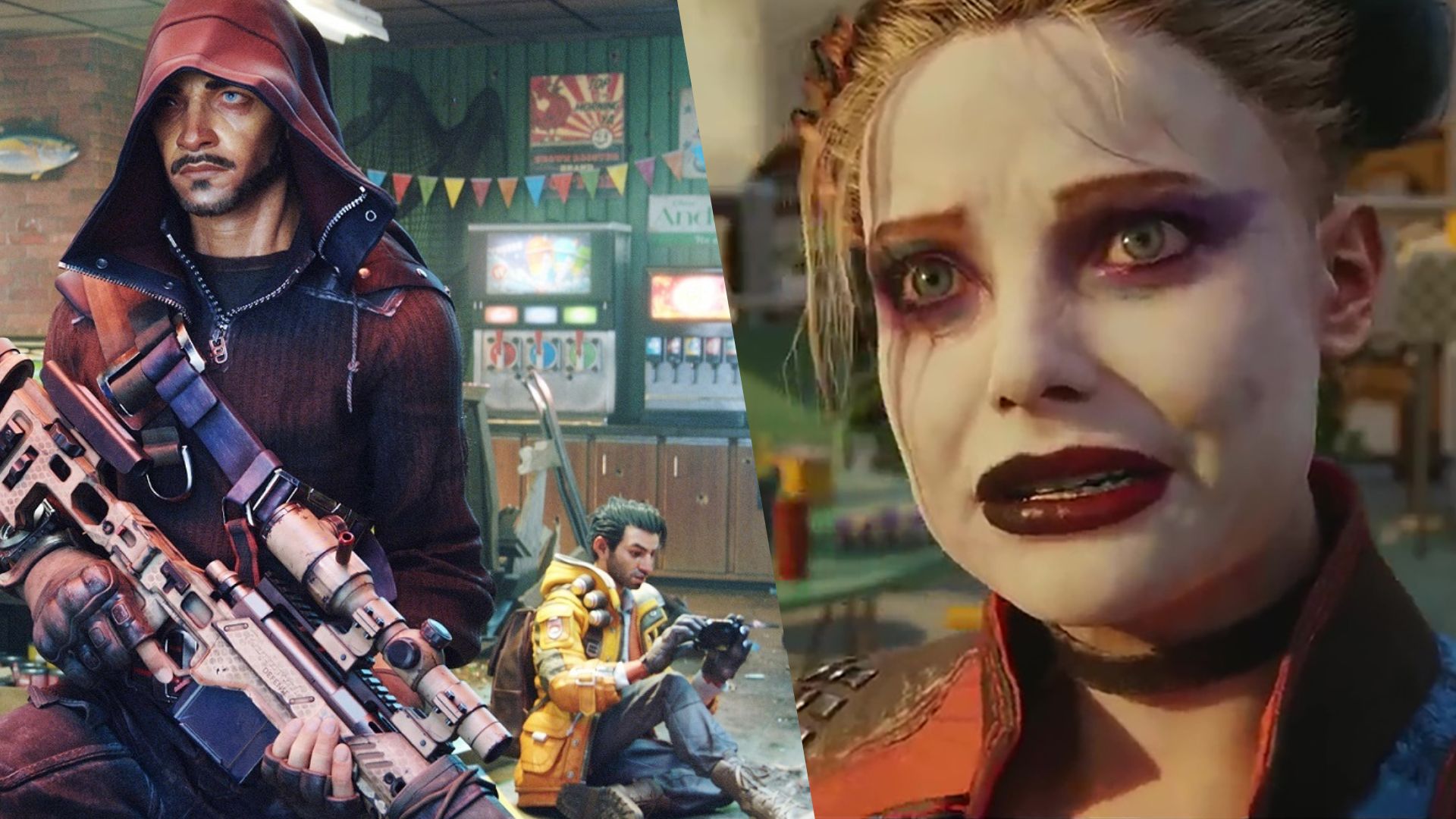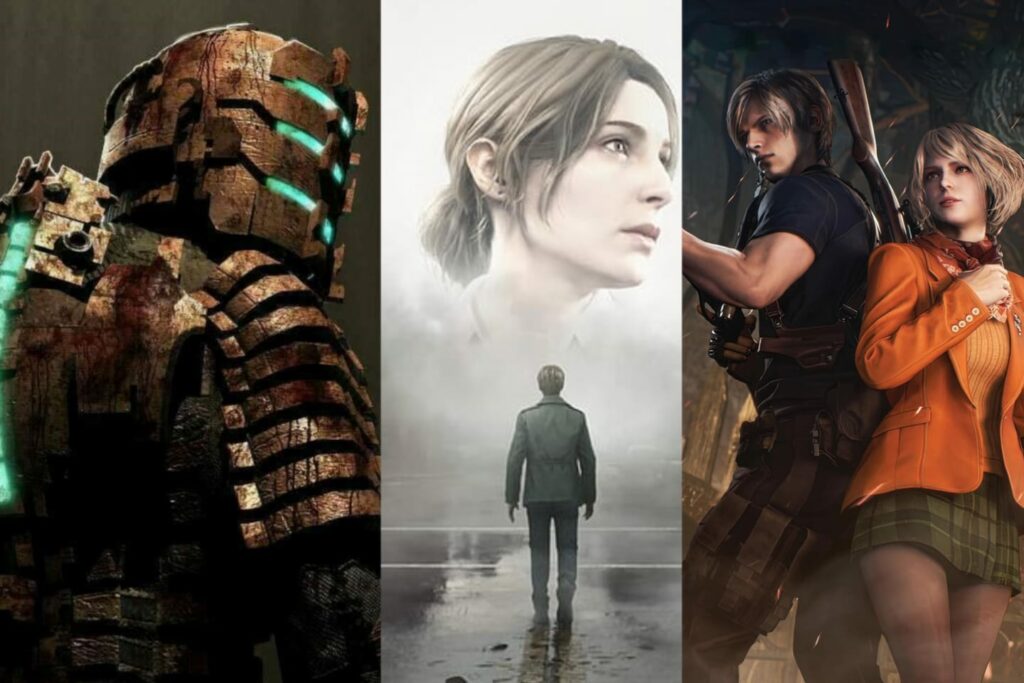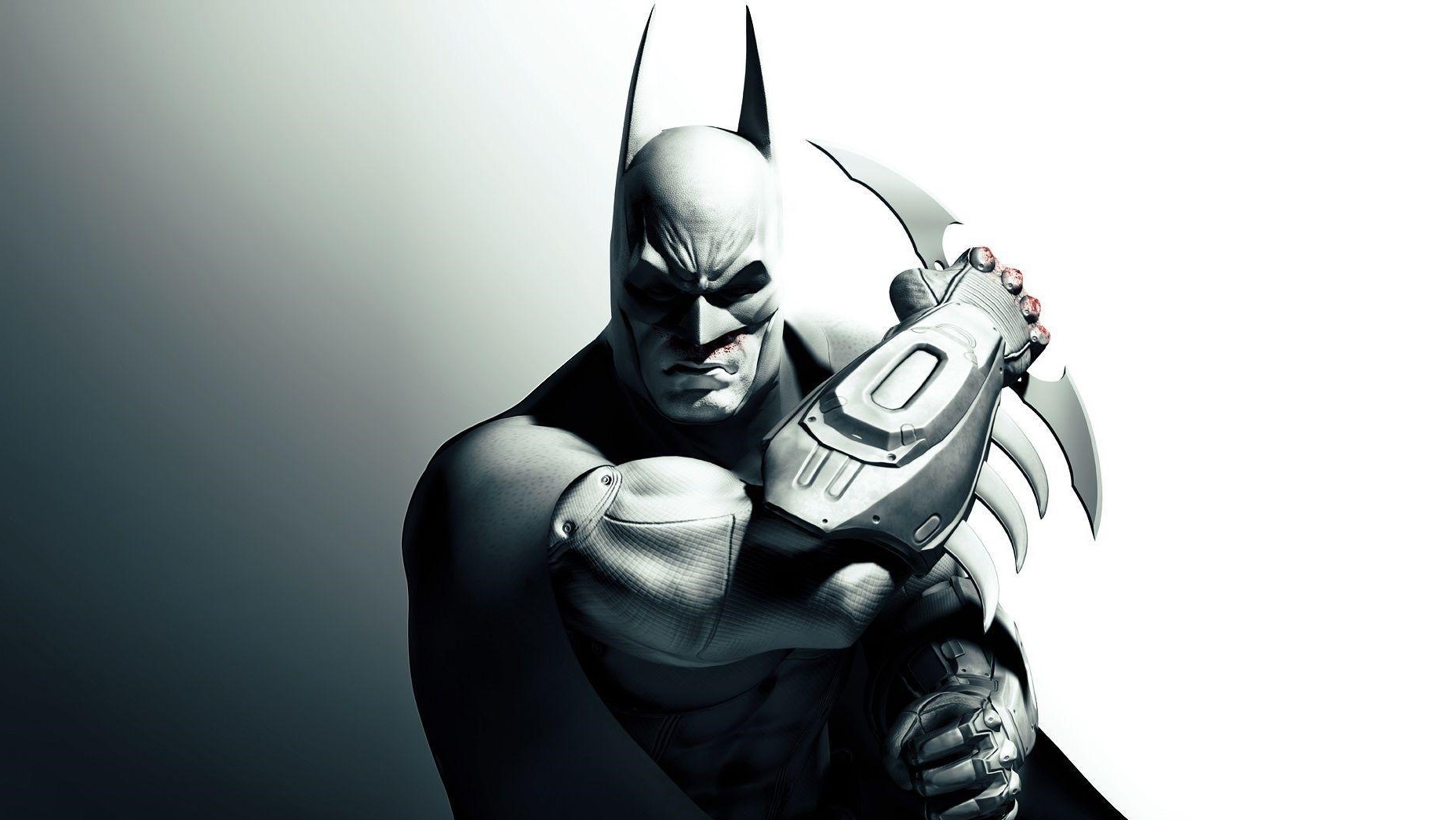- Video games have deteriorated in quality due to the industry’s focus shifting.
- Many major AAA releases have been complete flops, raising red flags about the state of this industry.
- Everyone is trying to find the next big live service game.
- In my opinion, the early 2000s and 2010s were the peak of gaming.
Video games have been around for decades and evolved over time. From pixelated single-screen games to immersive worlds with a map spanning hundreds of kilometers with living, breathing communities.
One would think that video games have gotten better with time. However, modern-day video game reviews speak otherwise, specifically from this generation and decade. I believe that video game quality has decreased, with publishers focusing on quantity in every possible context.
Why it matters: Even with all the progress in the hardware sector and the experience of developers, video games have only gone downhill, which makes me think that the industry’s direction is wrong and is due for a change.
Big Budgets & Gaming Bloat

With rising standards, game development has become infinitely more complex. Developers spend more time than ever on AAA releases, often spending an entire generation on one or two projects.
Then there’s the issue of rising budgets. Games cost and take longer to make, yet the results don’t indicate more effort. Instead, the number of poor releases is at an all-time high.
To meet the $70 standard, studios also try to pack their game with as much content as possible. However, with only so much that can done in a limited timeframe, modern AAA releases ship with obscene levels of bloat.
Video games nowadays lack clear direction. Take Ghost Recon, for example; Ubisoft crammed the open-world formula into this franchise, which led to its downfall. Nearly every new game strives to be a 50-hour-long open-world extravaganza.
It’s like studios forgot how many games they used to launch, which were around 6-15 hours long.

Safe Approach & Trend Chasing
More prominent companies are now scared of risks and experimenting with innovative ideas.
Instead, they see one big release, and tens of publishers will try to recreate the same game with their formula, leaving the market saturated with dull AAA titles that cost hundreds of millions.
Others are still stuck with the bar they set years ago with their more significant releases. You’ll see Skyrim getting multiple editions and being ported for the tenth time once the Nintendo Switch 2 comes out.
Some developers are choosing to stick with remasters and remakes. I’m looking at you, Naughty Dog. Meanwhile, Tencent’s VP has outright said studios should stick to their tried-and-true franchises. I miss the unlimited variety of the PS2 and PS3 era.

The Rise of Live-Service & Microtransactions
Microtransactions aren’t new, yet they have grown exponentially in recent years. This is, of course, thanks to the advent of live-service gaming.
Everyone wants a piece of this cash cow, including EA, Warner Bros, PlayStation, and more. The popularity of live service means that you’ll find the dreaded battle pass in nearly every multiplayer title today.
Skins are another guarantee, with various crossovers taking away from the core game identity. Publishers will often force studios specializing in single-player games to take on live-service projects.
This typically results in disasters like Suicide Squad: Kill the Justice League. These games seem to be designed as endless grind fests, keeping players busy with FOMO and new objectives for as long as possible.
Honestly, live service games like these are just not fun.

The Early 2000s and 2010s Were Incredible
Microtransactions were not as common, online gaming was beginning to gain popularity, and AAA studios could churn out multiple trilogies in a single generation.
The 2000s and 2010s were very different, and I miss this era. Not to mention that forced diversity in gaming was never a thing. While Sweet Baby Inc. may be providing consultation for modern AAA releases today, developers were free to go wild back in the day.
IPs like Batman Arkham, Mass Effect, Modern Warfare, God of War, and more were able to fully wrap up their stories within one or two console generations. Barring a few exceptions, you’d be lucky to receive two games from a developer in a single decade today.
Back then, games were not seen as just money-making machines. Yes, publishers were always greedy and prioritized profits, but studios like Rockstar Games were not solely reliant on GTA Online, and the concept of self-sustaining live-service games did not exist.
Gaming is not all bad today, but I feel it eventually lost its core values. Perhaps a reset is needed, which may be likely considering how the industry is seemingly headed toward a crash.
I hope to see gaming recovering from such setbacks soon. There is a part of me that still enjoys modern gaming, but there are too many major problems with this industry to continue ignoring in 2024.
Thank you! Please share your positive feedback. 🔋
How could we improve this post? Please Help us. 😔
[Staff Writer]
Shaheer is currently pursuing a Business degree while also working as a part-time Content Writer. With his deep passion for both writing and video games, he has seamlessly transitioned into a role as a Journalist. Over the past two years, Shaheer has contributed as a freelancer to various websites and landed positions on acclaimed platforms like Gamerant. Currently, his role at Tech4gamers is as a Features Writer, but he also covers News occasionally. Shaheer’s favorite gaming franchises are Assassin’s Creed and the God of War series.
Get In Touch: shaheerzahid03@gmail.com




